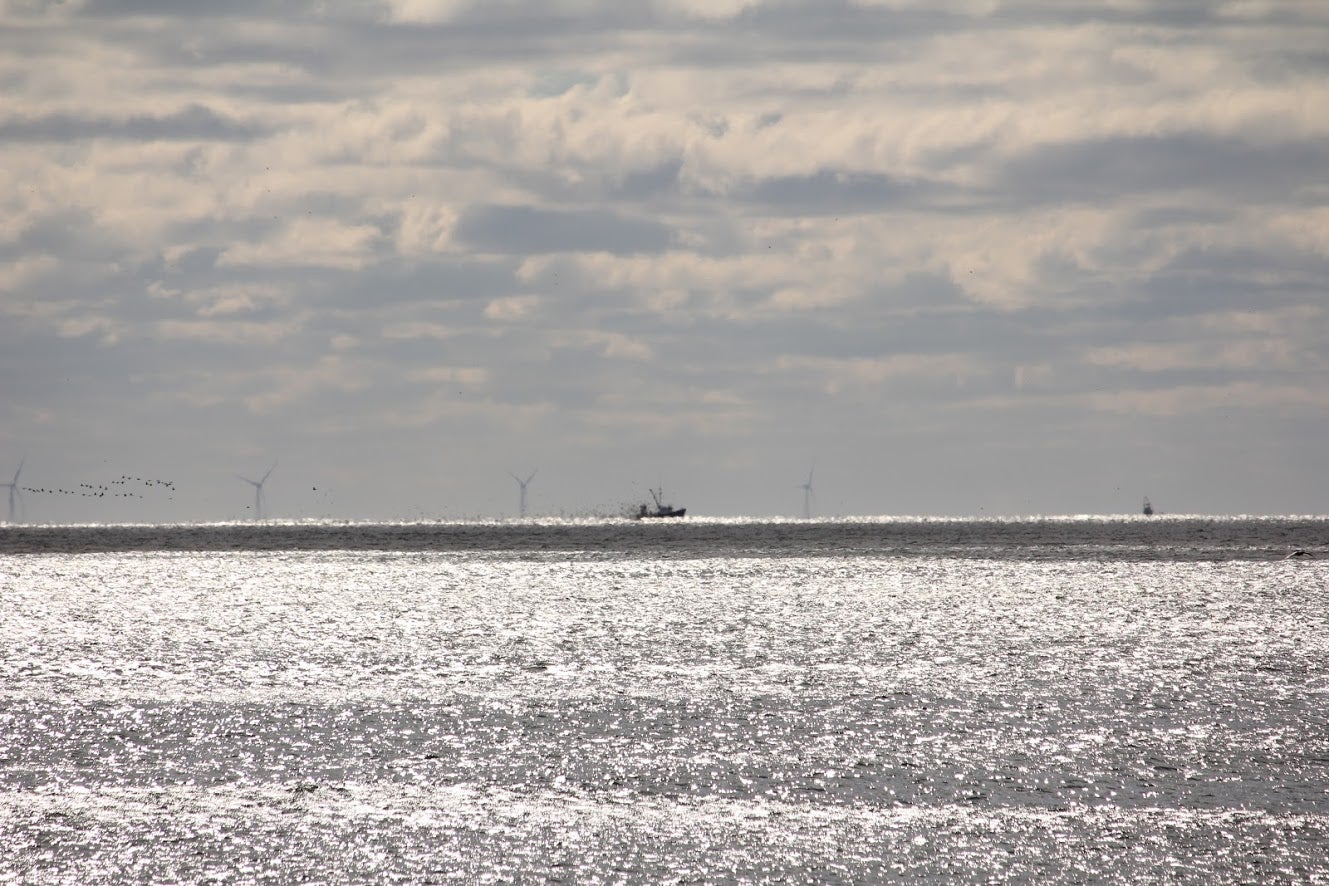The 2010 Ocean Special Area Management Plan (SAMP) not only provided for the siting of the nation’s first offshore renewable wind farm, but serves as a successful framework for protecting coastal ecosystems, involving stakeholders, and coordinating between state and federal management agencies–while using the best available science.
University of Rhode Island scientists and partners have played a key role in the creation of Rhode Island’s Special Area Management Plans and our diverse team of experts provides scientific research and coastal resources management models for offshore renewable energy (ORE) initiatives around the world. What are the best strategies for planning offshore renewable energy development and establishing successful coastal resource management policies?

Key Strategies from the Ocean SAMP
Learn More
What’s a SAMP?
Special Area Management Plans – SAMPs are ecosystem-based management strategies designed to preserve and restore ecological systems. Recognized at the federal level as a regulatory document, SAMPs are developed and implemented in coordination with local municipalities, as well as government agencies and community organizations. Plan elements incorporate the best available science and are amended as new research and issues arise.
The OceanSAMP Practitioner’s Guide provides a comprehensive overview of Rhode Island’s ocean planning that can help coastal areas build their capacities in a way that ensures the ongoing protection and use of marine resources.
Resources
- Ocean SAMP Future Research Priorities
- Marine Spatial Planning Short Film Series
- Fisheries Mitigation Options Report
- Rhode Island’s Experience with Marine Spatial Planning
- Ocean Frontiers II: A New England Story for Sustaining the Sea
- Ocean SAMP Implementation Case Study
- Ocean SAMP Chapters
A Detailed Look
Visit the OceanSAMP website for to read the research studies, planning documents, meeting agendas, implementation procedures and reports for the Rhode Island Ocean Special Area Management Plan.
